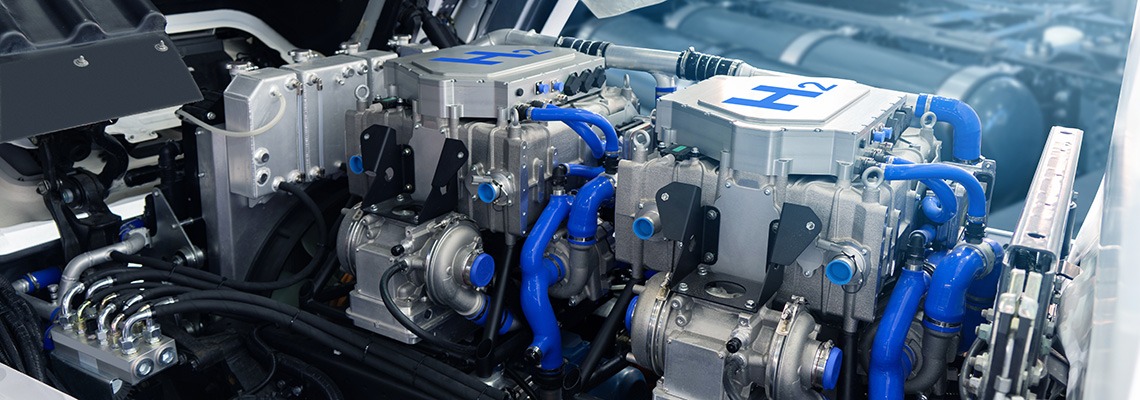2025 EV Motorcycle Promotion Project Continues
South Korea’s Ministry of Environment is continuing the “Electric Motorcycle Subsidy Program and Battery Swap Charging Facility Support Program,” which was launched in spring 2025. Its effects appear to be gradually emerging in the market.


